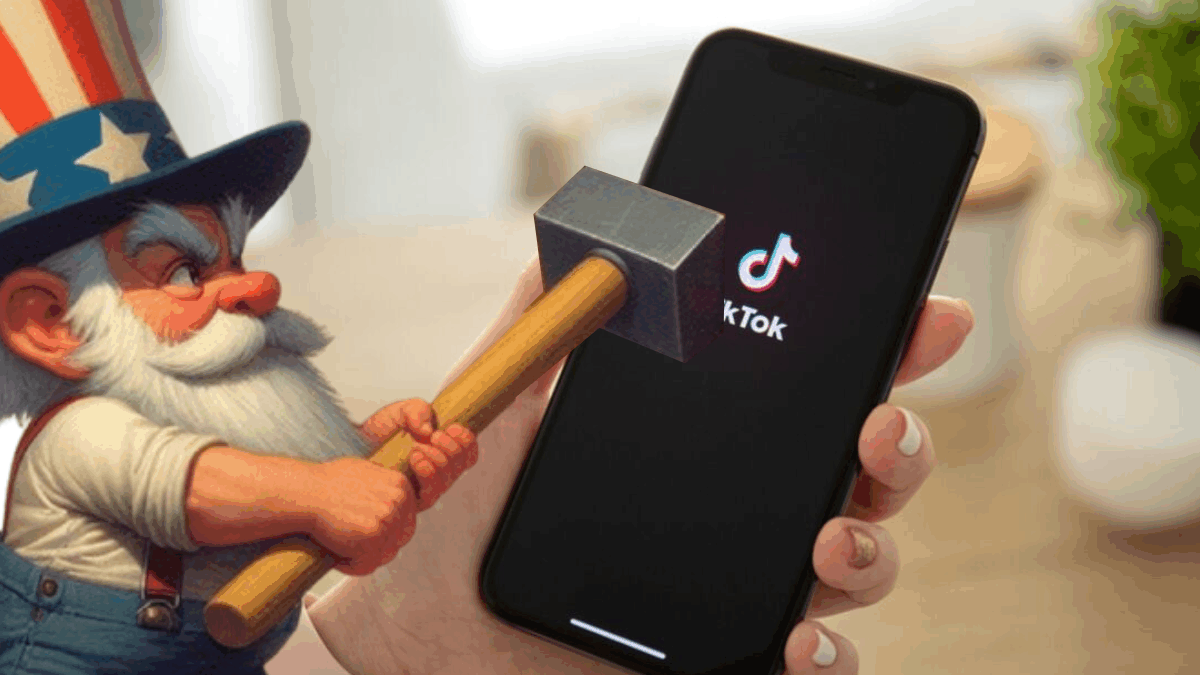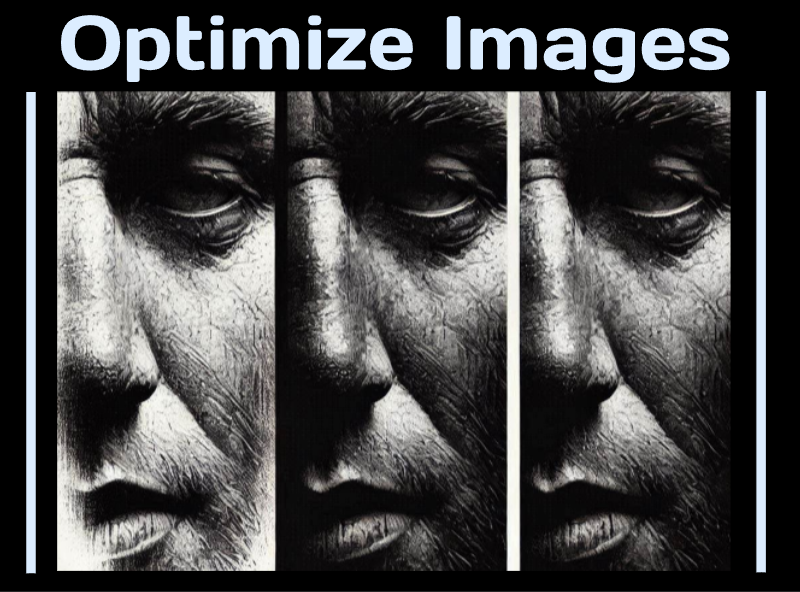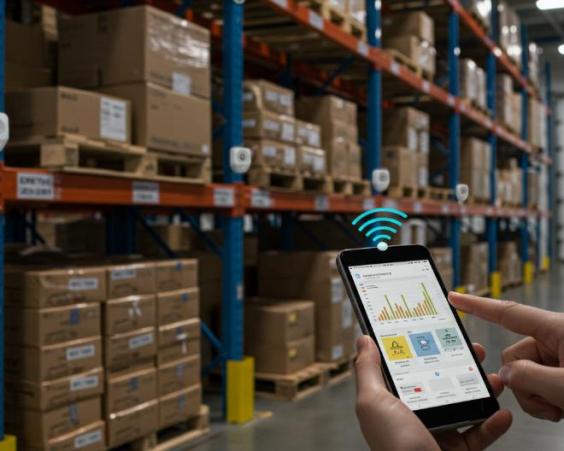TikTok Blocked in the United States

Let's take, for example, Google. With just having an Android phone, this company can track your location in real time. It doesn't matter if you're at home, in the park, or at a political protest; Google knows exactly where you are, what time you arrived, and how long you stayed there. But, of course, that's not espionage, that's "improving the user experience." The same happens with Alexa, Amazon's assistant, which listens to entire conversations at home and sends the data to servers "to improve the service." Capitalist freedom in its purest form: the user not only gives up their privacy, but pays for it.
On the other hand, the case of Facebook is worthy of a manual of inverse ethics. From the Cambridge Analytica scandal to massive data leaks, Zuckerberg's company has proven to be a true champion of creative use of private information. However, unlike TikTok, it has never been proposed to ban Facebook for its global practices of data manipulation. It's curious how espionage seems to be fine as long as the beneficiary carries a stars and stripes flag.
Meanwhile, US authorities justify their crusade against TikTok by saying it's about protecting the user. But let's not fool ourselves: what's really being protected here is not privacy, but the monopoly of those who have spent decades perfecting the art of observing without being observed. It's capitalism in its purest form, where the rules are not universal, but a wildcard to keep the board tilted in favor of the same old players.





